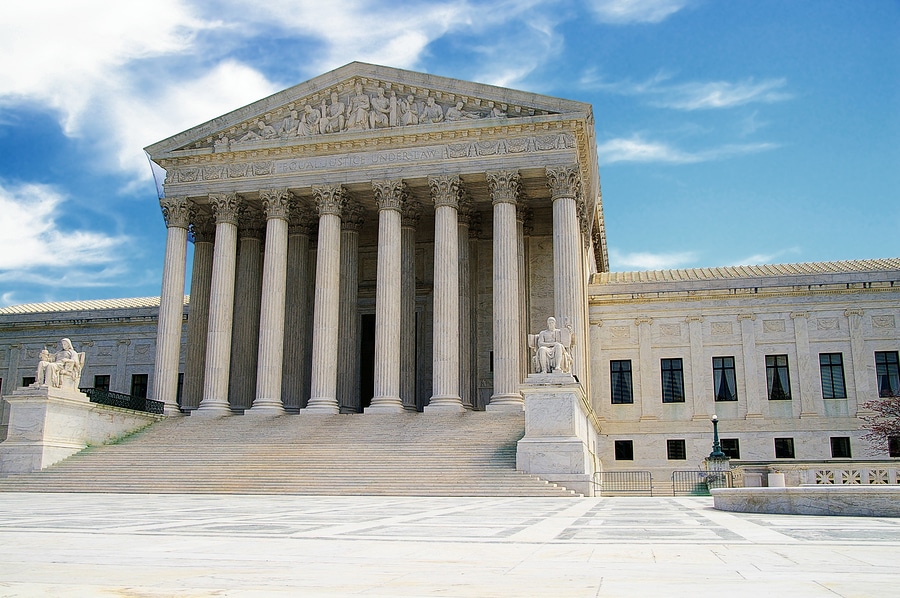Once the appeal process has been started and the Court of Appeals takes jurisdiction of a matter from the lower court, new evidence or information from after the order being appealed may not generally be used in the Court of Appeals. But why?
Facts and information underlying a case move in real time. For example, if child support is not paid by a parent on Friday, the other parent may know that same Friday that there is a child support arrears. However, the system cannot move in real time due to the need for filings and notice to each party. Therefore, if child support is not paid this Friday, it may be the next week until the issue is filed with the Court, and even longer beyond that that the issue is set for hearing, if necessary.
So, when the order being appealed is issued, the parties have presented their case and all the applicable evidence and information to the trial court. The trial court then makes it ruling/decision depending on this information. When a party files to appeal, the Court of Appeals reviews briefs from both parties (if submitted) and appendices (the relevant filings and documents from the trial court record), but not new evidence.
The Court of Appeals decisions fall into three main categories: reverse (disagree with the trial court), remand (send back to the trial court), or affirm (agree with the trial court). The appeal is of issues where the evidence has been heard and received and the record closed. Even if relevant information becomes available after an appeal has been started, this information is not appropriate for the appeal process. The party may have to seek remedy through the trial court for this new information if jurisdiction is with the trial court, or perhaps wait until the Court of Appeals decision is certified back to the trial court.
In a society that is real time and constantly “updating”, the legal system runs differently. Appeals are based on information received, and can be decided on that information months after the issue started in the trial court. We hope that this blog post has been helpful in understanding what information is applicable in appeals. This post is not intended as legal advice. Ciyou & Dixon, P.C. practices throughout the state of Indiana. This blog post was written by attorney, Jessica Keyes.








